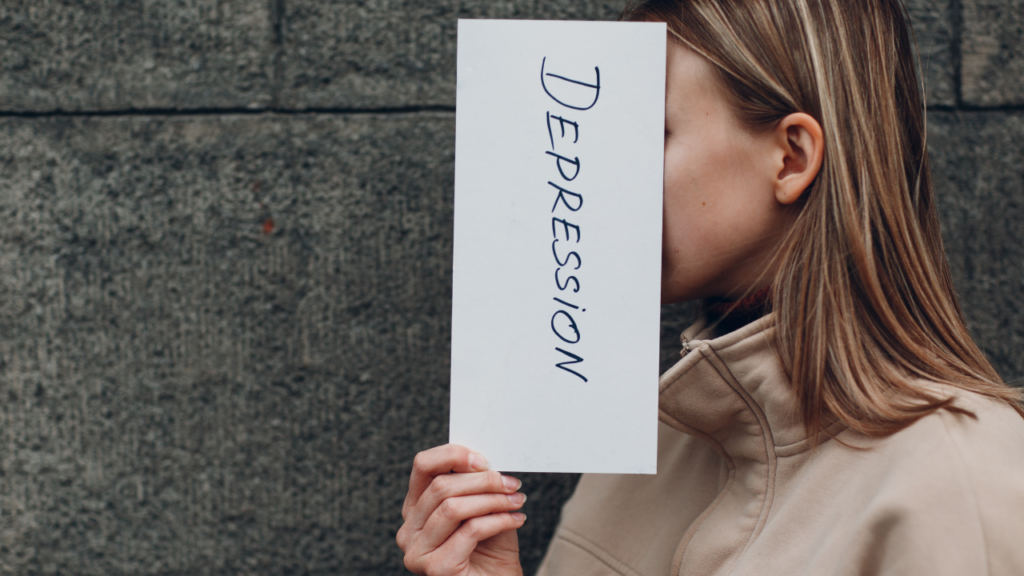Finding the Right Rehab: Tailoring Treatment to Your Unique Needs

The journey to recovery from addiction is deeply personal, and finding the right rehabilitation program is a crucial step. Each person’s experience with addiction is unique, shaped by a variety of factors including the type of substance, the duration of use, underlying mental health conditions, and personal circumstances. Tailoring treatment to these specific needs can significantly improve the chances of a successful recovery.
Understanding Different Levels of Care
Rehabilitation programs are not one-size-fits-all. They come in various levels of care, each designed to address different stages of addiction and recovery needs. The first step in finding the right rehab is understanding these levels and how they align with your situation.
- Detoxification (Detox): For individuals with severe physical dependence, detox is often the first step. This process involves clearing the body of substances while managing withdrawal symptoms. Detox is typically done under medical supervision to ensure safety, as withdrawal from certain substances can be life-threatening. While detox alone is not a treatment for addiction, it is a critical first step that paves the way for further therapeutic work.
- Inpatient or Residential Treatment: This level of care is recommended for individuals who need a structured environment and round-the-clock support. Inpatient rehab involves staying at a treatment facility, usually for 30 to 90 days, where patients receive intensive therapy, medical care, and support. This option is ideal for those with severe addiction or co-occurring mental health disorders, as it provides a controlled environment away from triggers and the stress of everyday life.
- Partial Hospitalization Program (PHP): PHP is a step down from inpatient care, offering a balance between intensive treatment and some flexibility. Patients attend treatment for several hours a day, five to seven days a week, but return home in the evenings. PHP is suitable for individuals who need structured support but do not require 24-hour supervision.
- Intensive Outpatient Program (IOP): IOP provides more flexibility than inpatient care, making it a good option for those who need to maintain work, school, or family commitments while receiving treatment. Patients attend therapy sessions several times a week, focusing on relapse prevention, coping strategies, and addressing underlying issues. IOP is often used as a step-down from more intensive care or as an initial treatment for less severe addiction.
- Outpatient Treatment: Outpatient programs offer the greatest flexibility, allowing individuals to continue living at home and attending work or school. Treatment typically involves weekly therapy sessions, group counseling, and support groups. This level of care is best suited for those with a strong support system and a lower risk of relapse.
Tailoring Treatment to Your Needs
Choosing the right rehab involves more than just selecting a level of care. It’s important to consider other factors such as the type of therapy offered, the qualifications of the staff, and the overall approach of the program. For example, some rehabs focus on holistic treatments, incorporating practices like yoga, meditation, and nutritional counseling, while others may specialize in dual diagnosis treatment for those with co-occurring mental health disorders.
Another key consideration is the program’s philosophy. Some rehab centers follow a 12-step model, while others use non-12-step approaches like cognitive-behavioral therapy (CBT) or motivational interviewing (MI). It’s important to choose a program that aligns with your personal beliefs and preferences.
Seeking Professional Guidance
Navigating the world of rehab options can be overwhelming, and seeking professional guidance can make a significant difference. Addiction specialists, therapists, or primary care physicians can provide valuable insights into what level of care and type of program might be best suited to your needs. They can also help you assess factors like cost, insurance coverage, and the reputation of the facility.
Conclusion
Recovery is a journey that requires the right support at the right time. By understanding the different levels of care and tailoring treatment to your unique needs, you can take the first step toward a successful and lasting recovery. Remember, the most important thing is to seek help and start the process, knowing that the right treatment is out there for you.